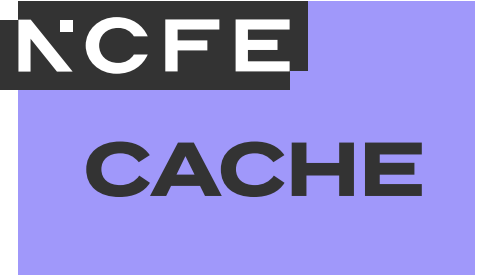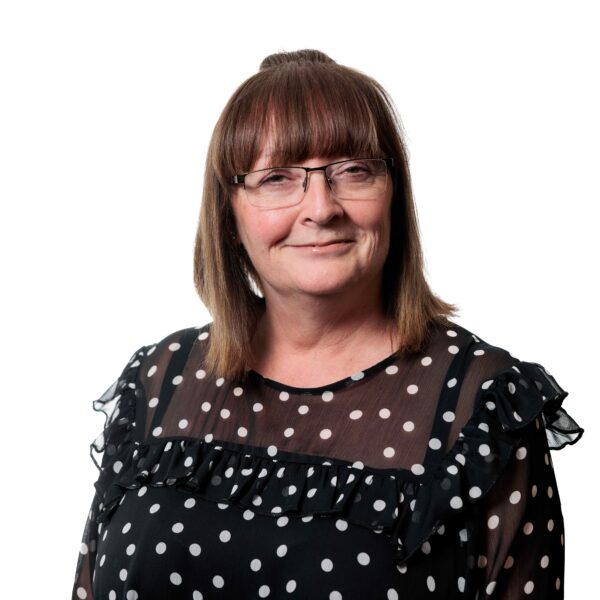Every learner benefits from:
Courses in Information, Advice and Guidance

NCFE CACHE Level 2 Certificate in Information, Advice or Guidance

City & Guilds Level 3 NVQ Certificate in Advice and Guidance

City & Guilds Level 4 NVQ Diploma in Advice and Guidance
Courses in Mental Health

NCFE Level 2 Understanding Mental Health First Aid and Mental Health Advocacy

NCFE Level 2 Awareness of Specific Mental Health Conditions
Courses in Assessing and Internal Quality Assurance

NCFE Level 3 Assessing Vocationally Related Achievement

NCFE Level 4 Internal Quality Assessment Processes and Practices
I will miss our catch up video calls! You were not only helpful, but so friendly, which makes it so much easier!
My experience with Career Connect was especially positive because of my brilliant supervisor Marie. She made the whole process so smooth and easy. That helped me complete the qualification in a good time.
Our experience
Our friendly, fully qualified trainers and assessors have decades of training experience and have worked on the frontline in settings where excellence in information, advice and guidance is vital.
Who we work with
We work with individuals, careers professionals, education sector, local authorities, charities, corporate sector, housing, customer service, and more. Our learners range from frontline staff to senior leaders.
Investing in better futures
Any surplus made from our training are invested in our wider charity work to support social mobility and empower people to overcome significant barriers to education, training, and employment.




